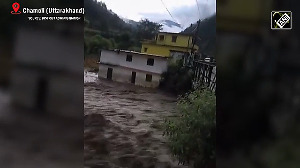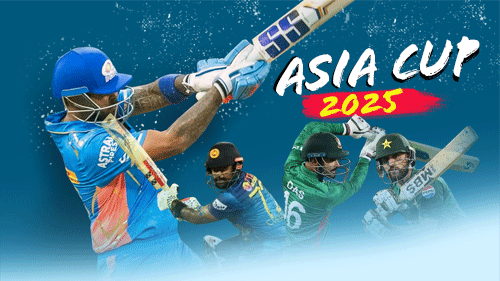World Anti-Doping Agency (WADA) director-general David Howman has credited India for its efforts at closely monitoring the dope menace among its athletes.
"India's National Anti-Doping Agency has done a lot in a short period of time and it has benefitted from the assistance of WADA's staff," Howman said ahead of the Commonwealth Games 2010 Delhi that will begin on Sunday.
"You have to realise that India is a big country National Anti-Doping Agency (NADA) has a small staff, but they are trying to make a sincere effort," Howman said.
The Commonwealth Games in Delhi provided an opportunity for the country to get WADA accreditation for the National Dope Testing Laboratory in 2008.
Howman said WADA's role at the Delhi Games would be in monitoring the testing programme, and to ensure it adhered to during the specified procedures.
He said 1,500 tests will be conducted on competitors during the Commonwealth Games and the number would go up to 2,000 after including the pre-Games tests that could be carried out at the Athletes Village.
"These tests will be conducted by the Commonwealth Games Federation," Howman said.
"WADA has not done any testing here, the responsibility of these tests during the Games as well as any pre-Games tests is with the Commonwealth Games Federation. The CGF's told us it will be doing the testing," said Howman.
He said WADA will overlook at the way the anti-doping testing programme is conducted, and also monitor the procedures if there was a positive test, to ensure the method and procedures have been adhered to.
"The doping samples can be saved for eight years. The decision on how long to save the samples is with the respective testing authorities. We are all for storing the samples for eight years.
"If correct procedures are not followed, we have the right to appeal from the perspective of the doping agency and also the athlete, ensuring that the rules are applied consistently," he said.
Elaborating the exercise of educating the athletes and team doctors about the menace of doping and the list of prohibited substances, Howman said, "We have set up a booth in the Commonwealth Games Athletes Village, where information is being given to athletes."
This job is being done by WADA's Outreach Team, which is located in the Games Village. A group of experts from the Outreach Team have been deputed to interact with the athletes and participants to provide information and answer questions about the fight against doping.
The CGF has constituted a nine-member Medical Commission chaired by Dr M Jegathesan of Malaysia. The remaining eight members come from different Commonwealth nations to supervise doping control activities in the Games.
The Organising Committee of the Delhi Games has trained more than 450 Doping Control Officials (DCOs) for the October 3-14 mega event. The DCOs have been trained at par with international standards for testing enacted by the WADA. They have been selected from many streams including doctors, sports medicine experts, physiotherapists and physical education professors.







